Here are 8 things to know about the second dose of the vaccine. Side effects may be stronger than after the first dose, and immunity isn’t immediate.
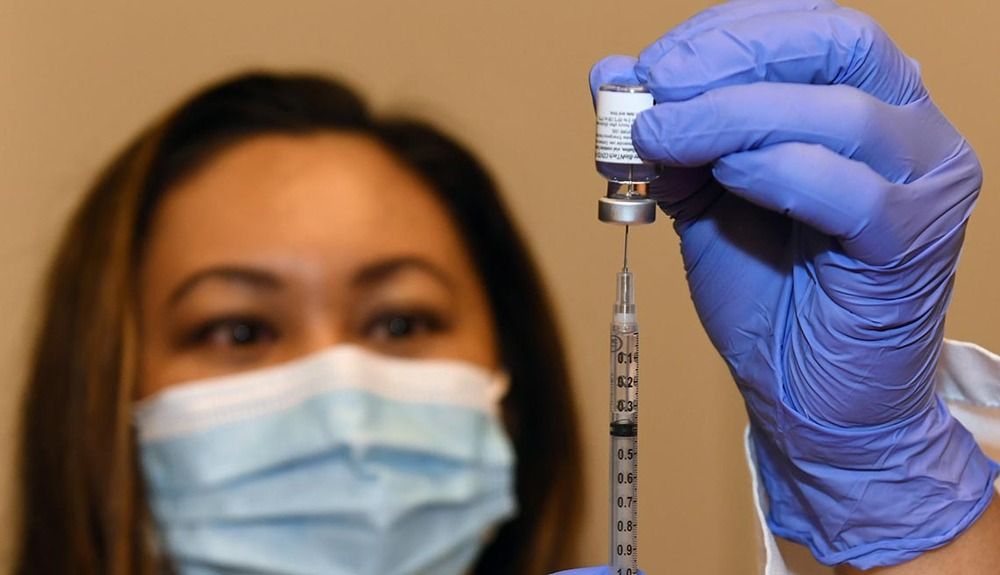

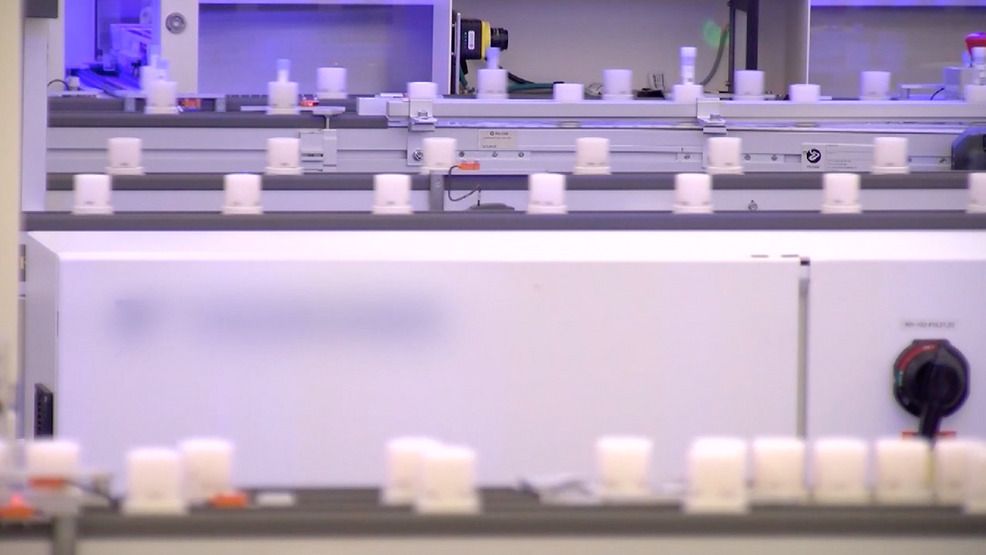
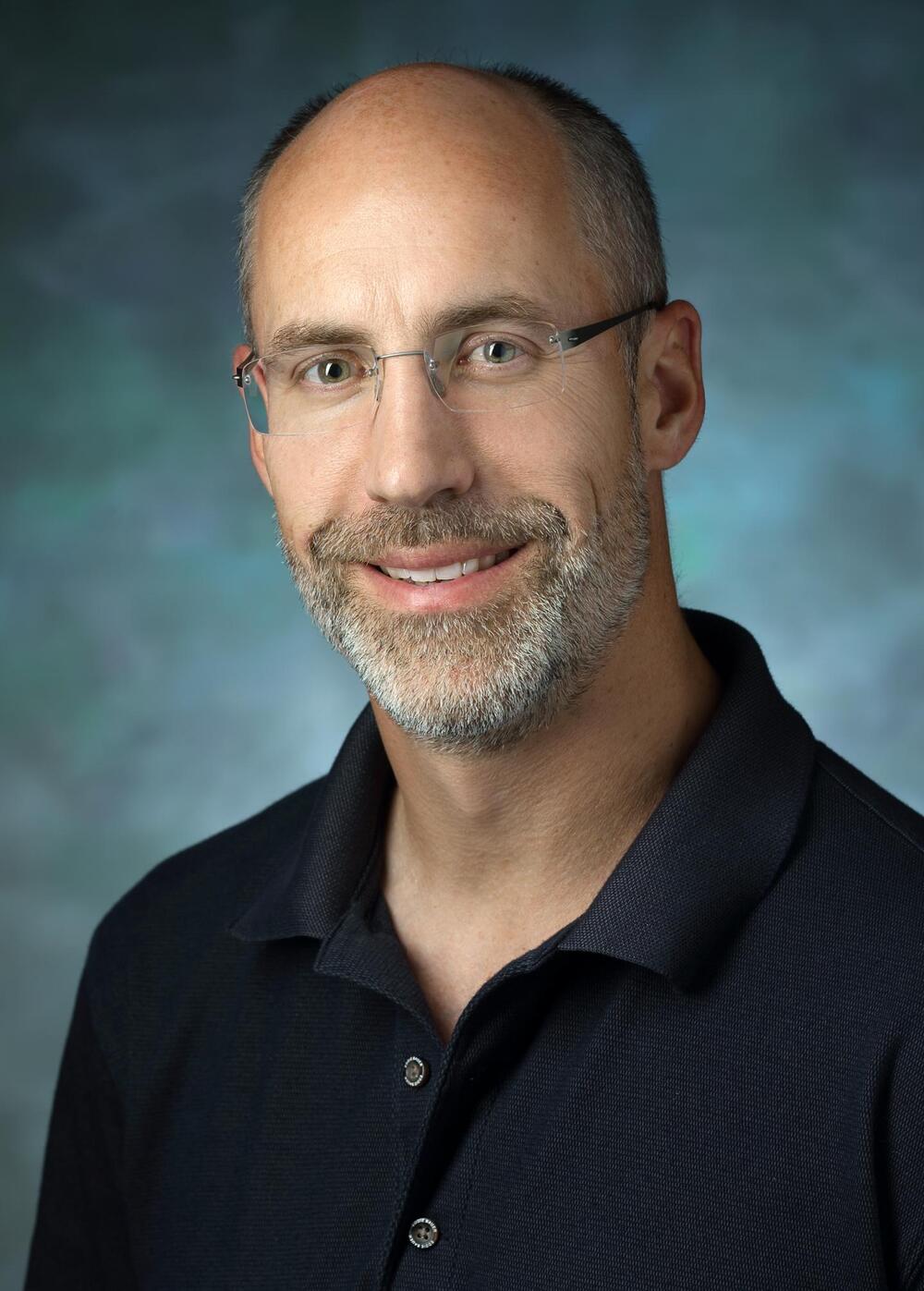
Dwight E. Bergles, Ph.D., a leading neuroscientist at Johns Hopkins University School of Medicine, is the winner of the prestigious Barancik Prize for Innovation in MS Research. Bergles has pioneered the study of immature cells in the brain that can regenerate myelin-making cells after myelin is destroyed in MS. These cells, oligodendrocyte precursor cells (OPCs), hold the key to finding ways to promote myelin repair and restore function for people living with multiple sclerosis.
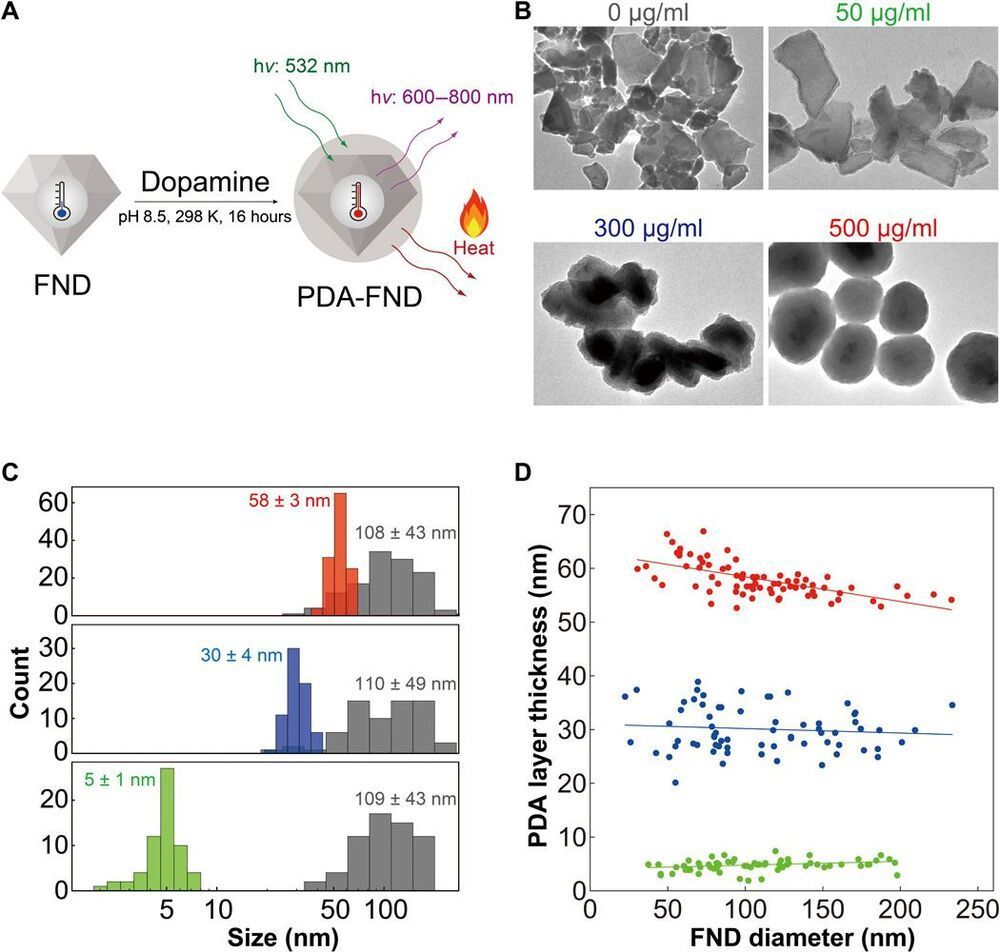
Understanding heat dissipation processes at nanoscale during cellular thermogenesis is essential to clarify the relationships between the heat and biological processes in cells and organisms. A key parameter determining the heat flux inside a cell is the local thermal conductivity, a factor poorly investigated both experimentally and theoretically. Here, using a nanoheater/nanothermometer hybrid made of a polydopamine encapsulating a fluorescent nanodiamond, we measured the intracellular thermal conductivities of HeLa and MCF-7 cells with a spatial resolution of about 200 nm. The mean values determined in these two cell lines are both 0.11 ± 0.04 W m−1 K−1, which is significantly smaller than that of water. Bayesian analysis of the data suggests there is a variation of the thermal conductivity within a cell.
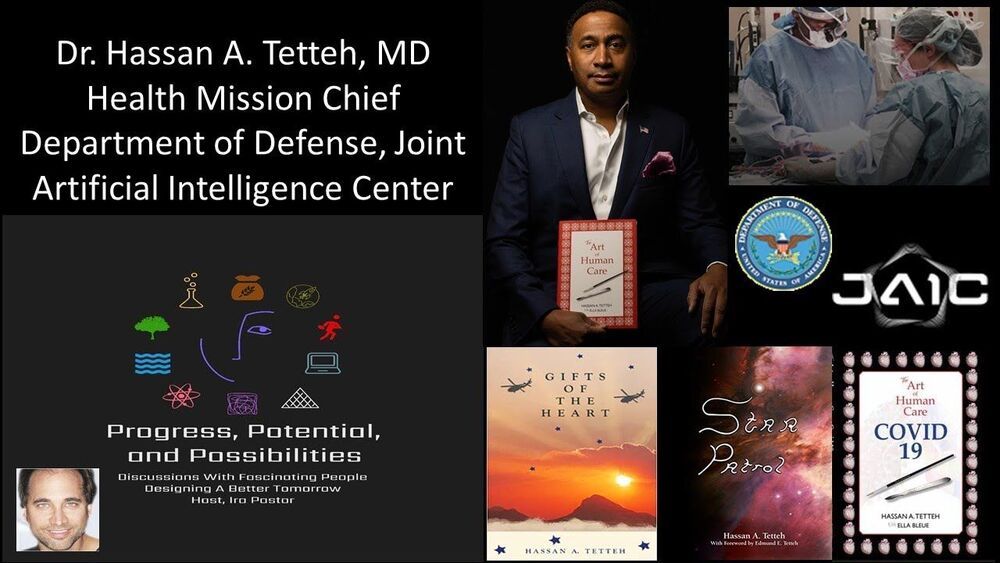
Dr. Hassan A. Tetteh, MD, is the Health Mission Chief, at the Department of Defense (DoD) Joint Artificial Intelligence Center, serving to advance the objectives of the DoD AI Strategy, and improve war fighter healthcare and readiness with artificial intelligence implementations.
Dr. Tetteh is also an Associate Professor of Surgery at the Uniformed Services University of the Health Sciences, adjunct faculty at Howard University College of Medicine, a Thoracic Staff Surgeon for MedStar Health and Walter Reed National Military Medical Center, and leads a Specialized Thoracic Adapted Recovery (STAR) Team, in Washington, DC, where his research in thoracic transplantation aims to expand heart and lung recovery and save lives.
In the past, Dr. Tetteh has served as Chief Medical Informatics Officer, United States Navy, and Division Lead for Futures and Innovation at Navy Medicine’s Headquarters, a Command Surgeon for the National Defense University, and as a Robert Wood Johnson Health Policy Fellow, assigned to the U.S. Congress, Congressional Budget Office, (CBO).
Dr. Tetteh served as Ship’s Surgeon and Director of Surgical Services for the USS Carl Vinson battle group in support of Operation Iraqi Freedom, deployed as a trauma surgeon to Afghanistan’s Helmand and Nimroz provinces in support of Operation Enduring Freedom, and has supported special joint forces missions to South America, the Middle East, the South Pacific, Australia, and Africa. He earned both the Surface Warfare Medical Department Officer and Fleet Marine Force Qualified Officer designations, and his military honors include two Meritorious Service Medals and the Joint Service Commendation Medal.
Dr. Tetteh is also an accomplished author, including the novel “Gifts of the Heart”, “Star Patrol” (co-authored with his son Edmund Tetteh), as well as “The Art of Human Care” and “The Art of Human Care for COVID-19″ (illustrated by his daughter Ella Bleue), and has published numerous articles on surgical innovation, health information technology, ethics, wounded warriors, and process improvement. He also serves on the board of directors for the Brooklyn, New York based Arthur Ashe Institute for Urban Health, Fayetteville, Arkansas based Champions for Kids, and Miriam’s Kitchen, a Washington, D.C. based nonprofit that works to end chronic homelessness.
Dr. Tetteh received his B.S. from State University of New York (SUNY), his M.D. from SUNY Downstate Medical Center, his M.P.A. from Harvard’s Kennedy School of Government, M.B.A. from Johns Hopkins University Carey Business School, and M.S. in National Security Strategy with a concentration in Artificial Intelligence from the National War College. He completed his thoracic surgery fellowship at the University of Minnesota and advanced cardiac surgery fellowship at Harvard Medical School’s Brigham and Women’s Hospital. Dr. Tetteh is a Certified Professional in Healthcare Information and Management, board certified in thoracic surgery, general surgery, clinical informatics, and healthcare management, and is a Fellow of the American College of Surgeons and Fellow of the American College of Healthcare Executives.
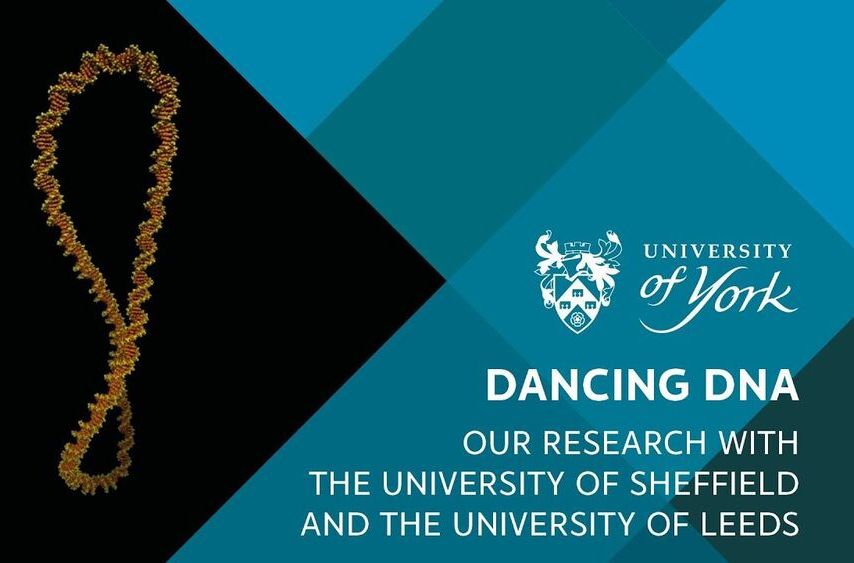
Scientists recently captured a high-resolution video of DNA shimmying into weird shapes in order to squeeze inside cells.

Researchers from the German Kiel University have developed novel 3D printed ‘spiky-joints’ that provide wrist injury patients with a more flexible form of arm support.
Inspired by the natural wing micro-joints of the dragonfly, the spiky-joint features a novel interlocking mechanism that’s designed to cushion the wrist without impairing free movement. When set to its maximum rigidity, the scientists believe their device could be ideal for treating everyday strains and sprains, and preventing common hyperextension injuries in athletes.
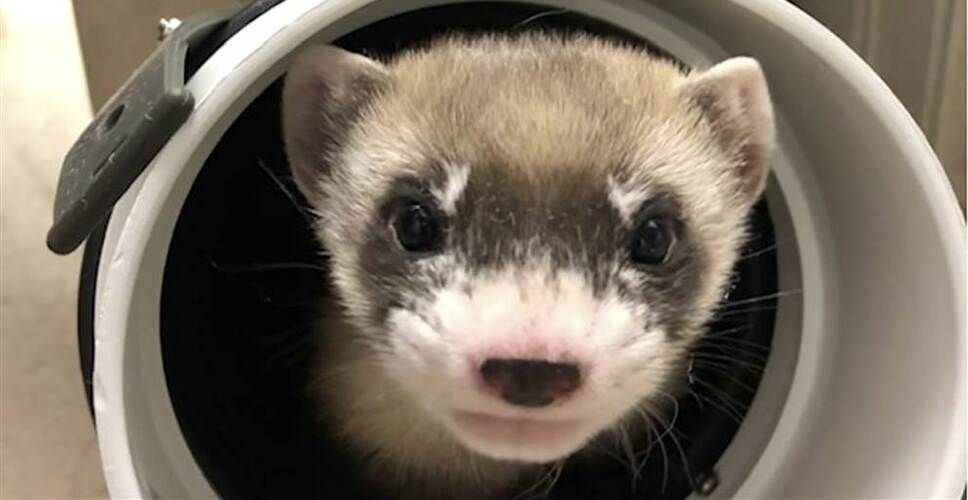
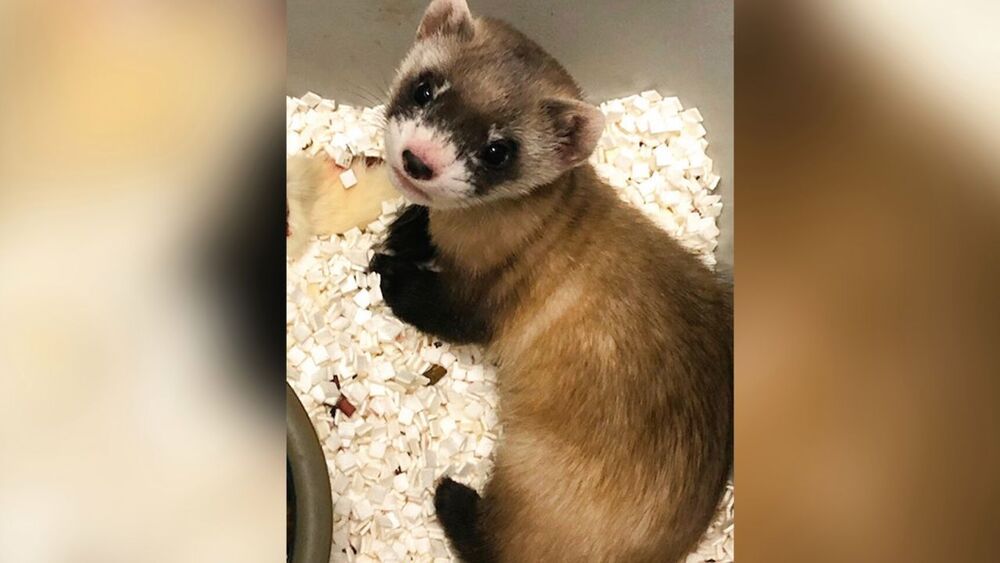
HOW CUTE 
“You might have been handling a black-footed ferret kit and then they try to take your finger off the next day,” U.S. Fish and Wildlife Service black-footed ferret recovery coordinator Pete Gober said Thursday. “She’s holding her own.”
Elizabeth Ann was born and is being raised at a Fish and Wildlife Service black-footed ferret breeding facility in Fort Collins, Colorado. She’s a genetic copy of a ferret named Willa who died in 1988 and whose remains were frozen in the early days of DNA technology.
Cloning eventually could bring back extinct species such as the passenger pigeon. For now, the technique holds promise for helping endangered species including a Mongolian wild horse that was cloned and last summer born at a Texas facility.
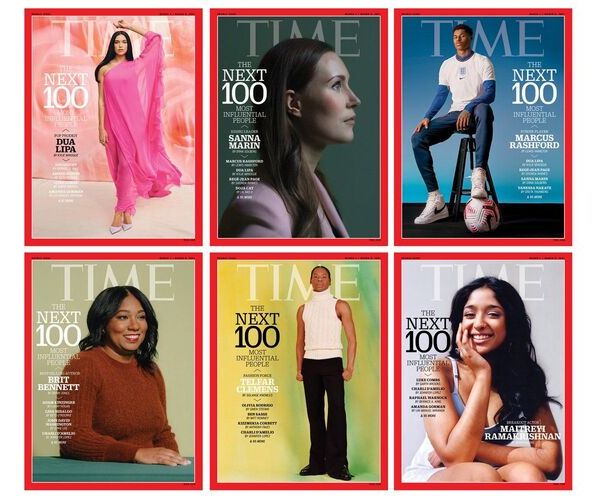
As we assembled our second annual TIME100 Next list—an expansion of our flagship TIME100 franchise that highlights 100 emerging leaders who are shaping the future—what struck me most was how its members are coping with crisis.
Amid a global pandemic, deepening inequality, systemic injustice and existential questions about truth, democracy and the planet itself, the individuals on this year’s list provide “clear-eyed hope,” as actor, composer and director Lin-Manuel Miranda puts it in his tribute to poet and TIME100 Next honoree Amanda Gorman. They are doctors and scientists fighting COVID-19, advocates pushing for equality and justice, journalists standing up for truth, and artists sharing their visions of present and future.